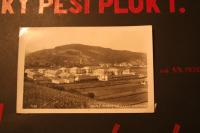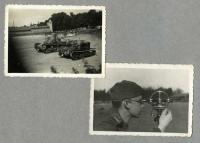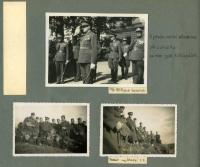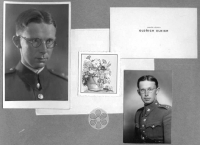I lived to see two emperors and ten presidents.

Download image
Oldřich Ulrich was born May 1, 1914 in Sezemice in the Pardubice region. He grew up in a musician’s family, and he had one sister. After graduating from secondary school he hesitated about his future career. He eventually chose the military profession. He studied at a school for reserve officers in Košice and the military academy in Hranice na Moravě. From 1936-1939 he served in the mountain regiment in Dolný Kubín in Slovakia in a lieutenant’s rank. This is where he met Oldřich Pechal, who gained fame as an immensely brave paratrooper in the period following the assassination of R. Heydrich. As an active soldier Ulrich also experienced both mobilizations in 1938. During the war he joined the activities of the resistance group Obrana národa (Defense of Nation). Beside others he also worked in the land office and in the anti-aircraft Luftschutz units. He survived the war and in 1945 he returned to the army in the rank of a staff captain. He did not however agree with the communist coup d’état in 1948 and in 1949 he was therefore dismissed from the army. After leaving the army he first worked in northwestern Bohemia as an accountant and after several years he began working as a bricklayer, which he did until his retirement. At present Mr. Ulrich lives in his native Sezemice and after more than half a century he was finally rehabilitated for his dismissal from the army.




